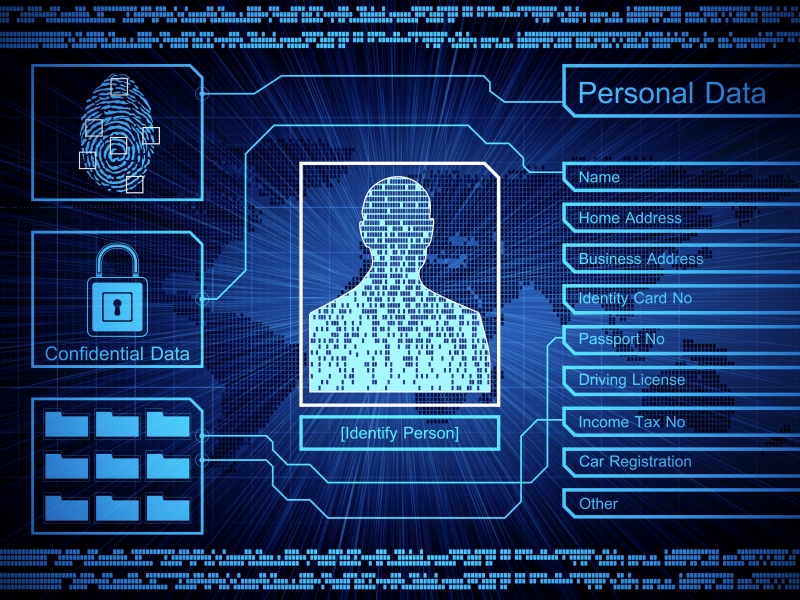
Fraud remains a huge challenge for governments and inspectors at all levels, as fraudsters today are more successful than ever. Technologies such as analytics and AI have tremendous potential to support investigations. Why are fraudsters so successful these days? Partly because they seek easy targets, work hard to stay off




